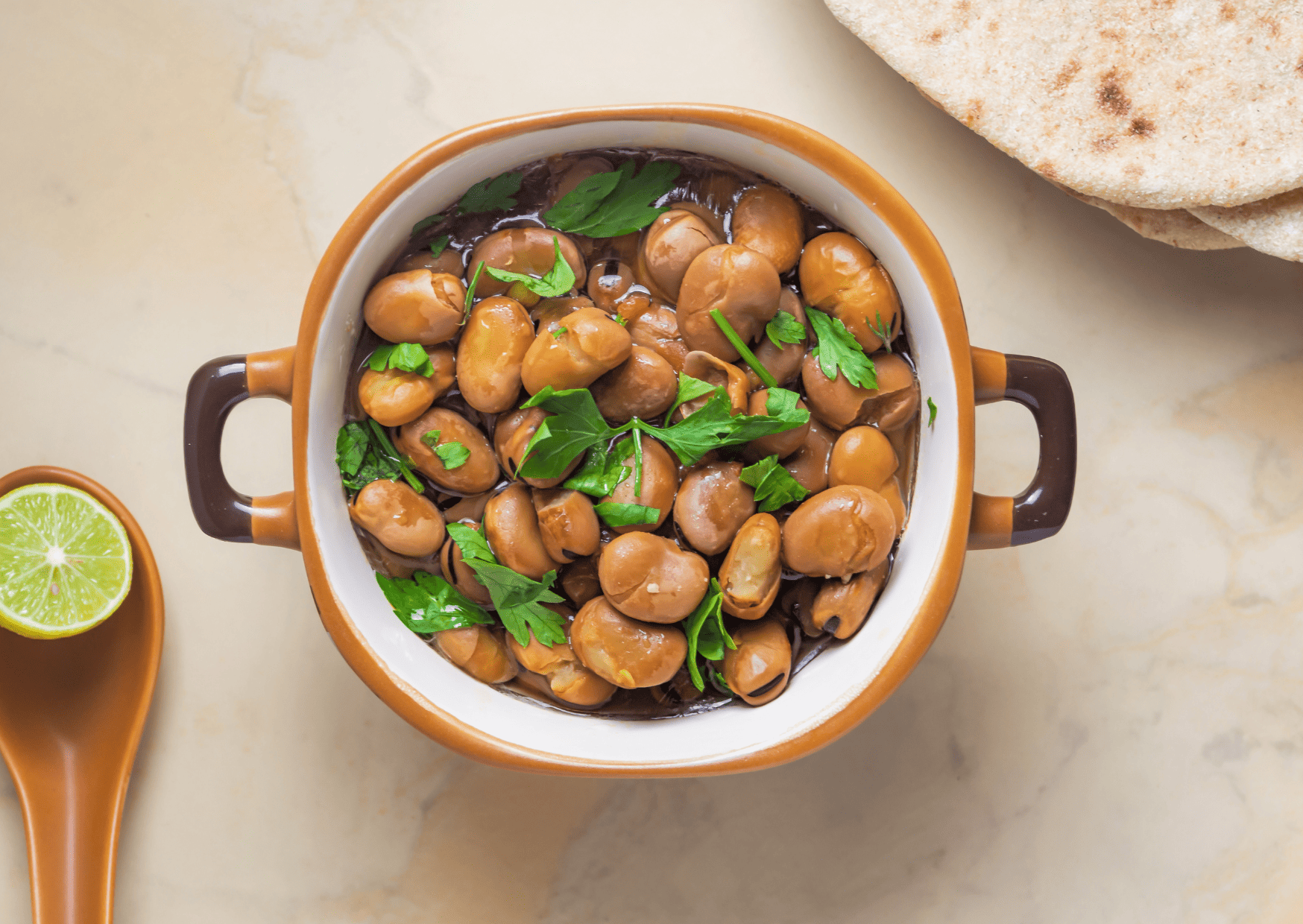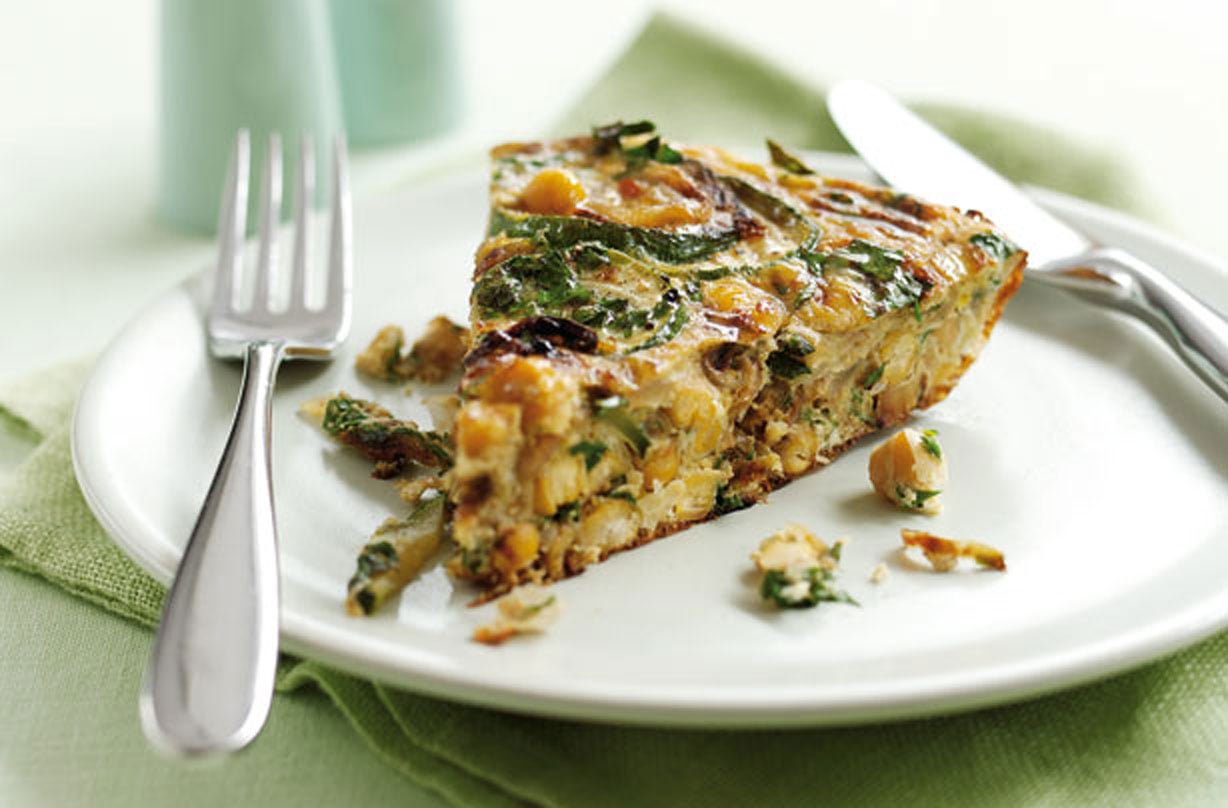

Breakfast in Egypt – Egyptian cuisine offers a delightful culinary experience with its vibrant flavors, rich history, and authentic dishes that have stood the test of time. The land of Pharaohs takes pride in its diverse food culture, where local ingredients play a significant role in creating mouth-watering dishes.
Among the various meals of the day, breakfast holds a special place, as it sets the tone for a fulfilling day ahead. This article will take you on a scrumptious journey through Egypt’s breakfast culture, presenting an array of traditional dishes that are not only delicious but also deeply rooted in the country’s history.
Related Travel Guides for Egypt – Breakfast in Egypt
- Read here Egypt sim card for tourist
- Best Egypt eSIM
- Best Egypt travel tips
- What to wear in Egypt
- Best restaurants in Cairo
- How to get from Cairo airport to City Center
- Cairo airport to Alexandria
- Cairo airport to pyramids
Where to Stay When in Cairo Egypt
You can check, browse, interact, and click the map and directly book accommodations that you want to stay in when in Cairo or any part of Egypt.
Booking Your Travel Insurance for Egypt
You can read Heymondo Vs Safetwing cheapest travel Insurance. You can get for $135 USD your Heymondo Travel Insurance with Heymondo discount code valid for 90 days. Read our full Heymondo Travel Insurance Review
You can get Safetywing Travel Insurance for Digital Nomads valid for 28 days Safetywing for $50 USD per month with kids until 10 years old included
Egyptian Breakfast Culture – What is a Traditional Breakfast in Egypt?
In Egypt, breakfast is considered an essential meal of the day, as it provides the energy needed to kickstart the day. Many Egyptian breakfast dishes have been served in the same manner since the time of the Pharaohs, with a strong emphasis on using local ingredients.
Bread, particularly Aish Baladi, and legumes are staples in most Egyptian breakfasts, showcasing the local ingredients. As you explore the Egyptian breakfast landscape, you’ll come across a variety of dishes that cater to different tastes, preferences, and nutritional needs.
Baladi Flatbread (Aish Baladi)

Bread has always been a central part of Egyptian cuisine, dating back over 5,000 years. Aish Baladi, a delicious Egyptian flatbread made from emmer wheat, is a staple at every meal.
Its unique taste and texture set it apart from other flatbreads, such as pita. Ancient Egyptians revered bread as “life,” and it remains an integral part of the modern Egyptian dining experience.
Ful Medames

Ful Medames is a popular and filling breakfast in Egypt. This nutritious meal consists of fava beans cooked in oil and salt, often accompanied by a boiled egg. The beans are soaked and cooked for hours over low heat in a traditional pot called “idra” to remove their casing. Ful Medames has a long history in Egypt, with its origins dating back to ancient times.
A simple yet satisfying breakfast option in Egypt consists of bread, cheese, eggs, and fruits. A’aish bread, similar to pita, is made from a mix of plain and whole-meal flour and cooked over open flames. Egyptians enjoy dipping the bread in various spreads, such as fava bean paste (fuul). This meal is perfect for busy mornings when there’s limited time for an elaborate breakfast.
Egyptian Falafel (Ta’meya)

A beloved breakfast option, Egyptian falafel, known as Ta’meya, stands out from its chickpea-based counterparts. Made from fava beans, Ta’meya incorporates fresh herbs such as coriander, parsley, white onion, and garlic, giving it a vibrant green color. Spices like cumin, coriander, paprika, cayenne, salt, and pepper are added, along with chickpea flour, to create the perfect mixture. The result is a delicious, crunchy falafel served with tahini and Baladi bread.
Beid Bel Basturma

Beid Bel Basturma is a delightful beef and egg breakfast dish with Armenian origins. The beef is dried and coated with a paste of cumin, garlic, fenugreek, and paprika, creating a mouthwatering aroma. This Egyptian take on ‘bacon and eggs’ involves cooking eggs in ghee and adding slices of basturma to the mix. This dish is typically enjoyed with fresh Baladi bread.
Eggah

Eggah is an Egyptian omelet popular for breakfast. Eggah consists apart from eggs, of other ingredients like cinnamon, cumin, coriander seeds, turmeric, raisins, pine nuts, nutmeg, and fresh local herbs.
Tea – The Breakfast Partner

Tea is the quintessential accompaniment to any Egyptian breakfast. Egyptians have a deep love for tea and enjoy it throughout the day. Their preferred way of drinking tea includes generous amounts of sugar and a hint of mint for extra flavor, while milk is optional. A cup of hot, comforting tea complements the delicious breakfast dishes and completes the Egyptian morning experience.
Final Thoughts on Breakfast in Egypt
Egypt’s breakfast culture is a testament to the country’s rich culinary heritage, with dishes that have endured the passage of time and continue to delight locals and visitors alike. From the staple Baladi flatbread to the scrumptious Ta’meya and the hearty Ful Medames, Egyptian breakfasts are both flavorful and nourishing.
As you embark on a journey to discover the wonders of Egypt’s cuisine, make sure to indulge in the myriad of breakfast options that showcase the country’s diverse flavors and culinary traditions. The Egyptian breakfast experience is a delectable combination of ancient recipes, local ingredients, and warm hospitality that will leave a lasting impression on your taste buds and create unforgettable memories.
Whether you’re a seasoned foodie or just looking to explore new culinary horizons, a visit to Egypt is an opportunity to immerse yourself in a rich and varied breakfast culture. From street food vendors serving traditional dishes to cozy cafes offering contemporary twists on classic recipes, the Egyptian breakfast scene is as diverse as it is delicious. So, don’t miss out on the chance to start your day with a taste of Egypt’s unique and flavorful breakfast offerings.
About the Author: Ruben, co-founder of Gamintraveler.com since 2014, is a seasoned traveler from Spain who has explored over 100 countries since 2009. Known for his extensive travel adventures across South America, Europe, the US, Australia, New Zealand, Asia, and Africa, Ruben combines his passion for adventurous yet sustainable living with his love for cycling, highlighted by his remarkable 5-month bicycle journey from Spain to Norway. He currently resides in Spain, where he continues to share his travel experiences alongside his partner, Rachel, and their son, Han.
